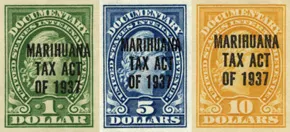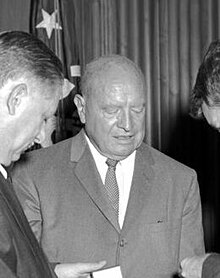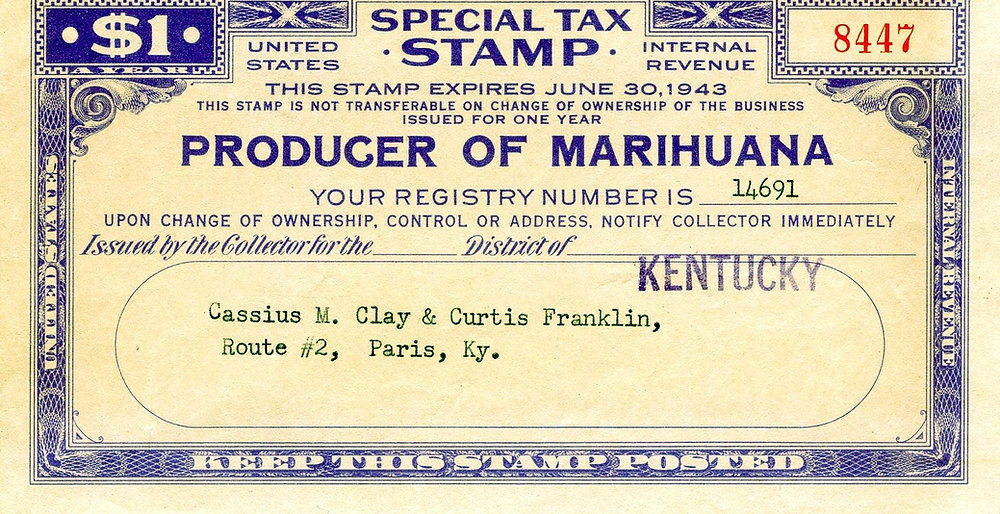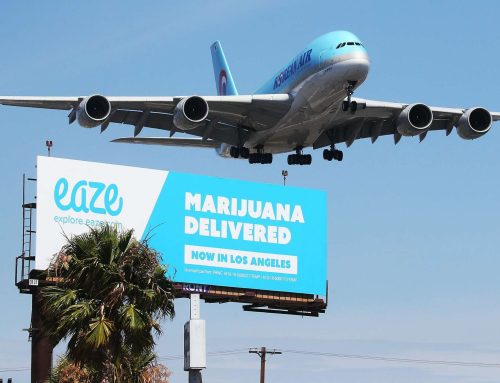Did You Know… Cannabis Was Once a Legal Cross-Border Import?
LOS ANGELES- A hundred years ago, the U.S. government held a different view on cannabis, or Cannabis sativa L. Known then as “marihuana,” it was also called hemp, Mary Jane, and Mary Warner, among other names. Most Americans were unaware of its existence, let alone its potential as a drug.
By the 1930s, several states and countries had banned cannabis. However, the U.S. hesitated, in part due to ongoing exploration of its medical applications and its role in American industries that used hemp fiber, seeds, and oil.

Marihuana Tax Act of 1937 stamp required for legal import and export of the drug.
Unlike opium and heroin, cannabis wasn’t classified as a dangerous drug under the Harrison Narcotics Tax Act of 1914. But as public opinion shifted, Federal Bureau of Narcotics Commissioner Harry Anslinger led a campaign against it. His efforts culminated in the Marihuana Tax Act of 1937, which imposed strict regulations on importation, cultivation, possession, and distribution.
Under this act, importers were required to register and pay an annual tax of $24. Each order needed a Marihuana Tax Act stamp, marking it as legal. Customs officers held imported cannabis at ports until proper documentation was received, with similar rules for exports. Violations could result in fines up to $2,000 and/or five years in prison.
Though intended to control recreational cannabis, the act unintentionally hindered industrial hemp production and halted scientific research on cannabis. By 1970, Republican’s under Richard Nixon successfully classified cannabis alongside hard narcotics, leading to even stricter laws. Over time, though, laws changed. Fast forward to 2012, 16 states and Washington, D.C., had legalized medical cannabis, although it remained federally prohibited.

Harry Anslinger in 1962
Just before the Marihuana Tax Act, the Customs Agency Service noted in its Narcotics Manual: “Marihuana may be cultivated or grown wild in almost any locality… it is not believed to be the subject of much organized smuggling.” Today, however, cannabis trafficking is a major concern for U.S. border agencies. In 2011 alone, more than 3 million pounds of cannabis were seized at U.S. borders, underscoring the scope of this multibillion-dollar illegal trade.



































